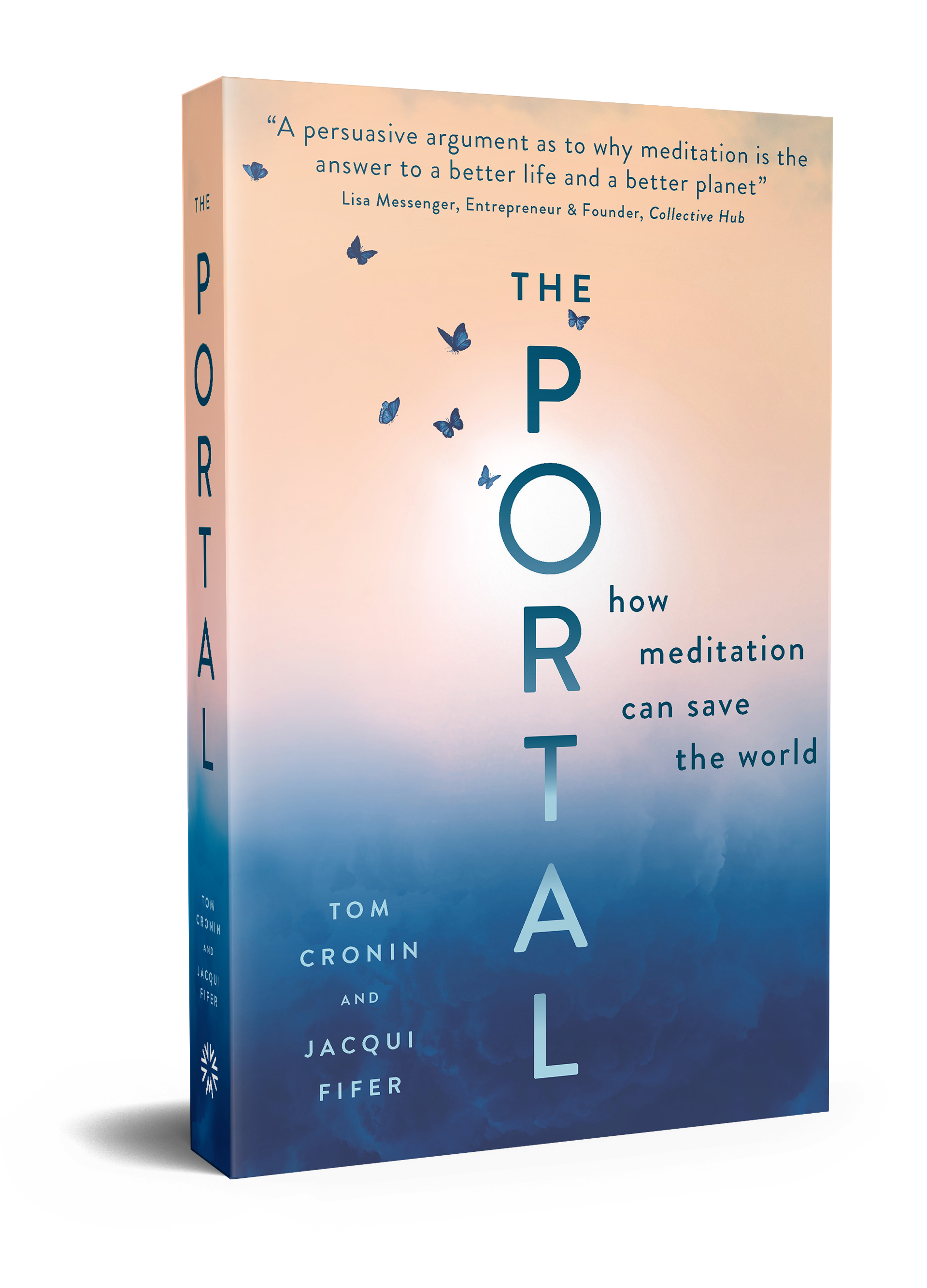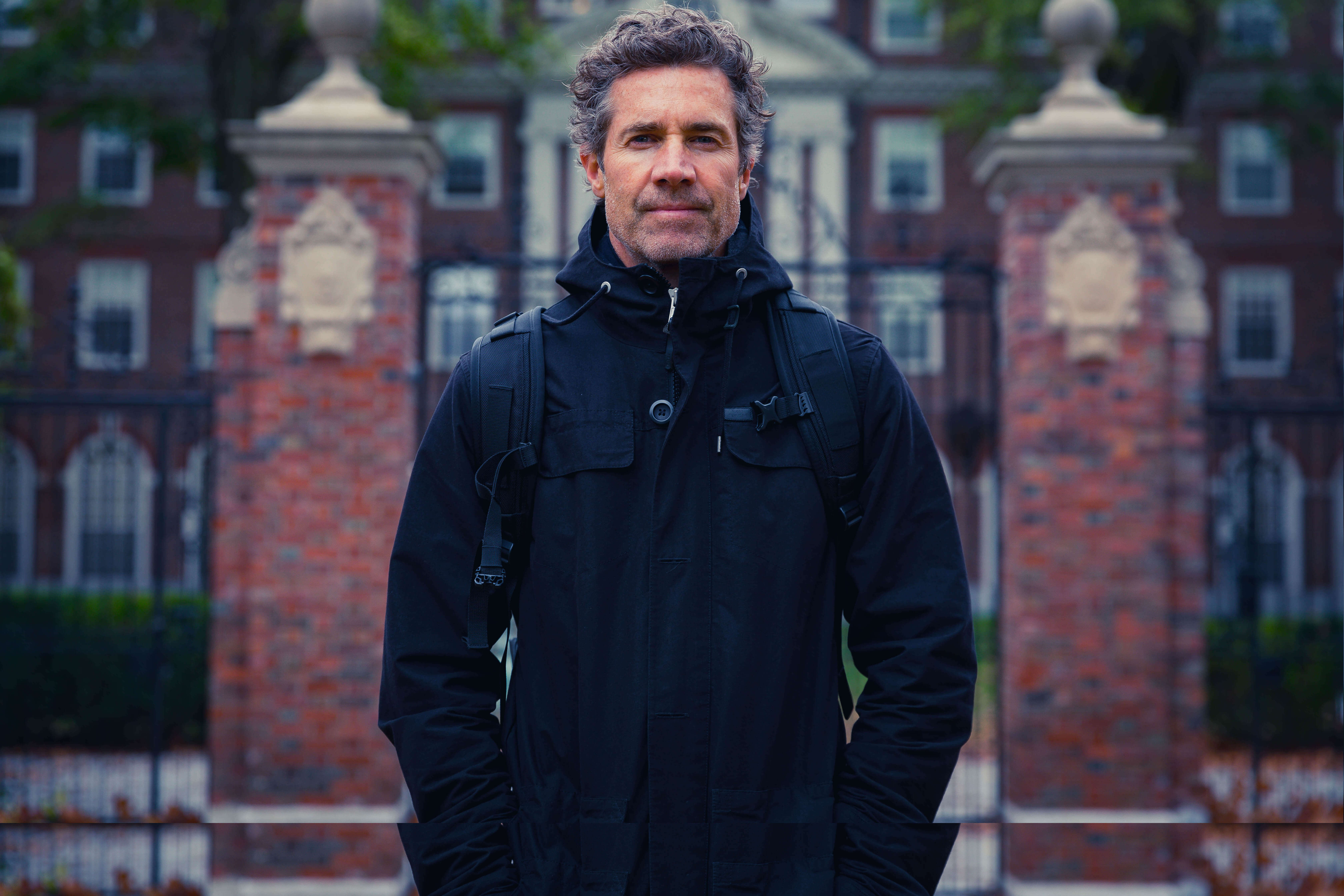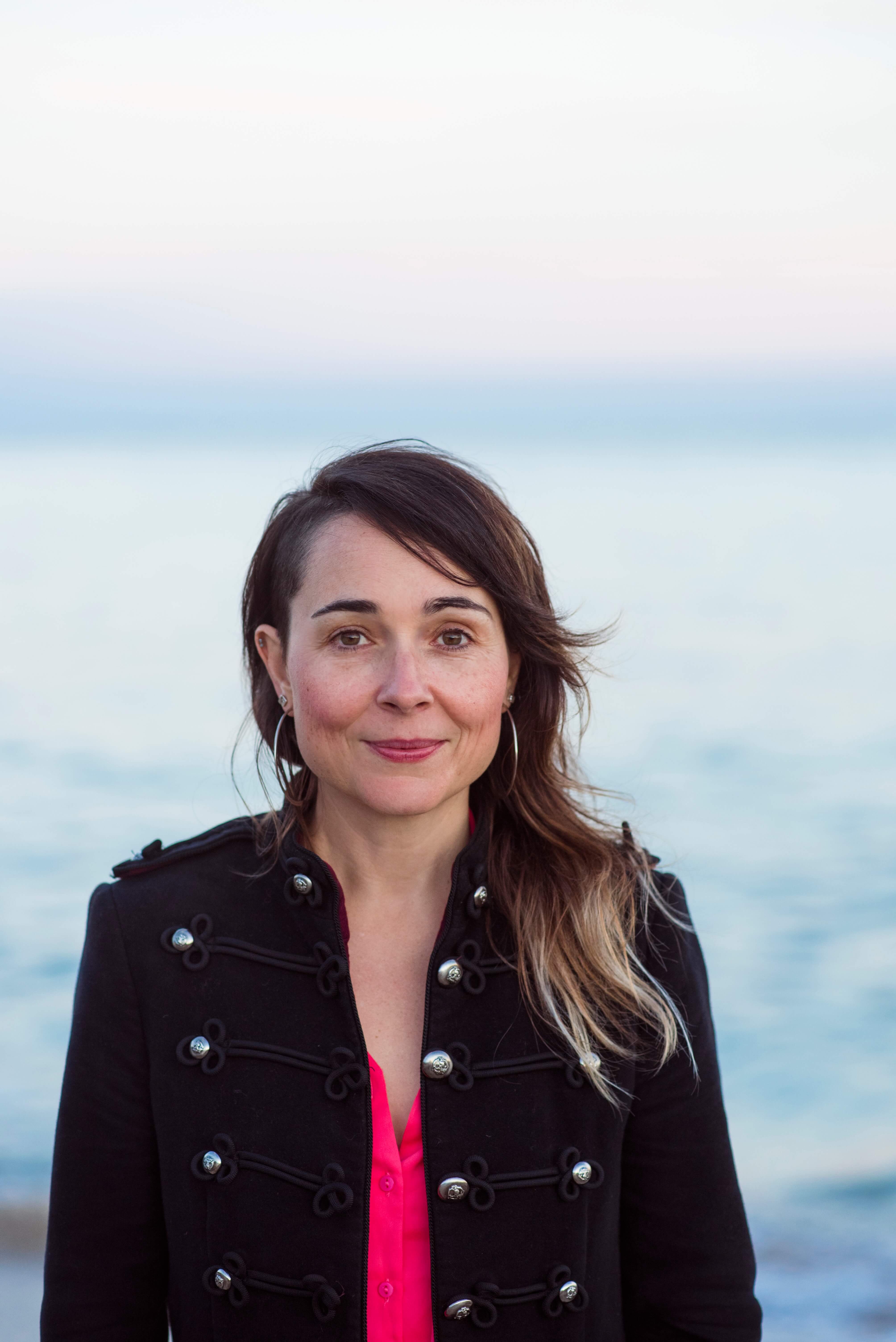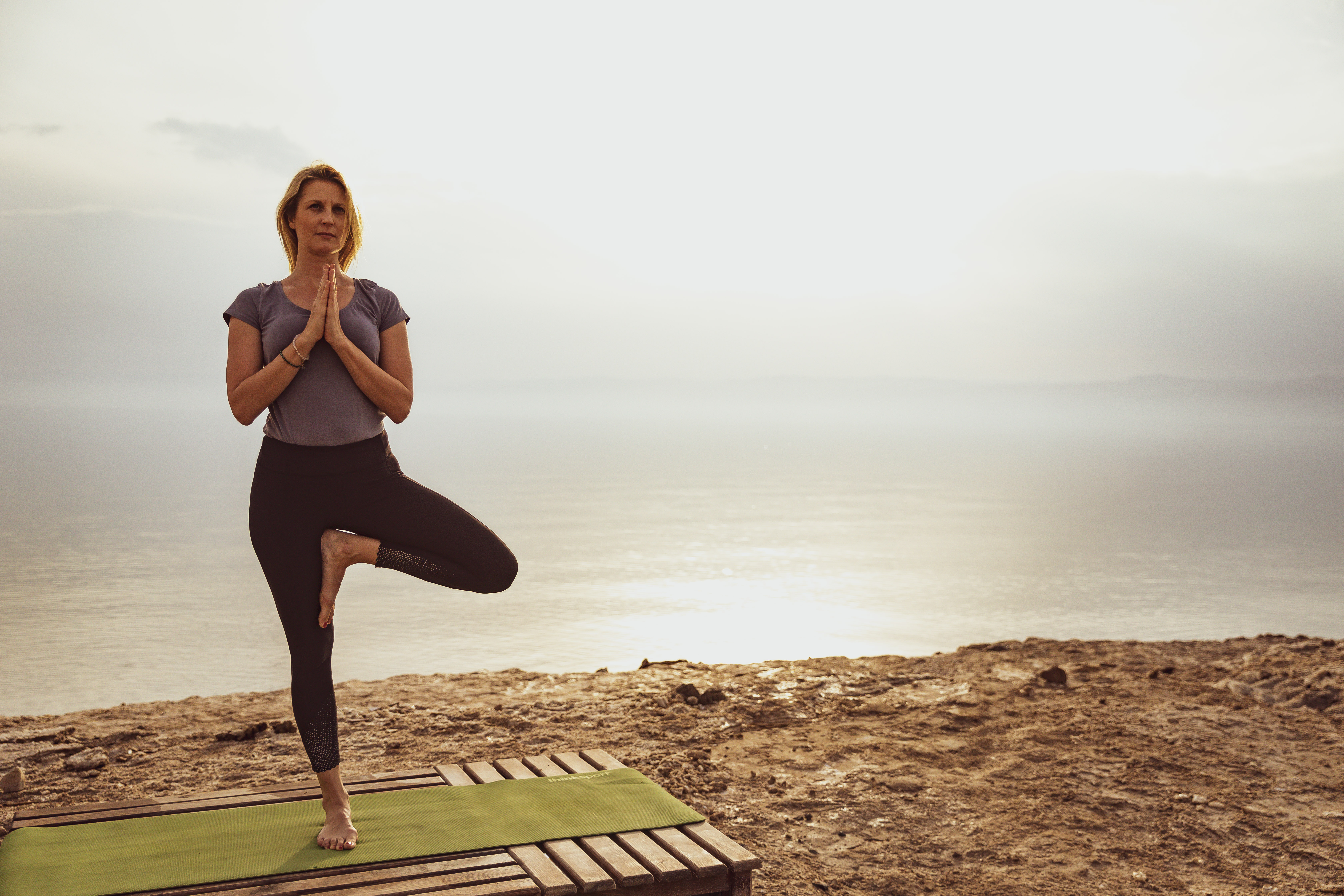Excerpt from chapter 3, “Focus on Your Inner Peace First,” from an interview with Amandine Roche, Human Rights Expert
I started to realise how all of the experiences my colleagues and I had been through were affecting our bodies and state of mind.
When I look at my colleagues, I can see in their eyes that they are not okay. I can see the despair. I can see the pain. I can see the suffering, because they are not being healed. It’s especially hard because we all have the profile of a worker in a war zone. After Afghanistan, where do you go? They send you to Baghdad. After Baghdad, you go to Syria. After Syria, you go to Sudan. After Sudan, you go to Yemen. You don’t have time to come back to normality. You completely disconnect yourself from the world and from your family and friends. It took me ages to reconnect with my family and friends. Every time I came back to France, I didn’t see any meaning in their lives. They were depressed and complaining. Now I realise that I miss this way of taking life so lightly, because there’s beauty in it.
I spent three months in the south of France writing a book about my UN experience in Afghanistan, bringing democracy with civic education. (It was during this time that I spent two hours a day with the Ayurvedic healer.) After three months, the UN called me again to say, ‘We want you to come to organise the parliamentary election.’ I said, ‘On one condition: that you send me to Bamyan, because that’s my favourite place in Afghanistan. It’s where the Buddhas are.’ They said, ‘Sure.’ I told my Ayurvedic healer, ‘I’m super happy. Next week I’m going back to Afghanistan.’ He said, ‘I told you. Don’t go back if you don’t know how to protect yourself.’
‘What do you mean by protecting myself?’ I asked. He said, ‘You have to learn how to meditate.’
I realised that I didn’t know how to meditate. I said no to the UN, which broke my heart, because it was my dream to be in Bamyan. Instead, I went to Dharamsala to meet the Dalai Lama again, this time not as a human rights leader, but more as a spiritual master. I went to his course where he was teaching meditation.
The Dalai Lama said to all of us at the teaching, ‘You cannot bring outer peace if you don’t focus on your inner peace first.’ I thought deeply about what he’d said, the real meaning. I searched within myself and said, you know what, that is so true. Who am I to work for peace in the world if I’m not at peace with myself? Who am I to work in Afghanistan if I’m completely depressed, burned out and stressed? I should heal myself first, because honestly, not a single Afghan will benefit from my presence if I go there completely broken. I will be a fraud because I will not incarnate any ideas of peace. I had a big wake-up call and vowed not to go back to Afghanistan until I was fixed and healed. I took it very seriously.
When, finally, I found my peace of mind again, the UN called me and said, ‘You want to go back to Afghanistan?’ I said, ‘Yeah, now I’m ready. Finally, I’m ready.’
What I wanted to say was I am ready because I have this practice where I do yoga and meditation every day. I also do breathing exercises. I have a diary. My colleague noticed. He said, ‘You’ve changed. There is bombing outside and you don’t freak out like before. What happened to you?’
‘Now I’m doing my yoga and meditation. It has completely changed my life,’ I said.
People became intrigued. They asked me if I could teach them, so I started to teach my UN colleagues. Soon, I realised that the Afghans were interested as well. I said, ‘Sure, come in my house.’ While I was teaching them, I listened to their stories. Every Afghan has a book to write, because they all have extraordinary lives. Dramatic lives.
I realised that every Afghan suffered from PTSD. I started to become more aware of this issue. I went to see the Minister of Health to ask what she was doing about it. She made me realise that mental health is a luxury only for developed countries, such as Europe or the US, but it was not the number-one priority in the eyes of the donors — those members of the international community who invest in Afghanistan — which meant that there was no money for that.
I said, ‘It should be the number-one priority because if people can’t fix their minds, it will keep on repeating: the violence and revenge, and the never-ending war.’
There is still only one mental health clinic in Afghanistan, when all the population is suffering from depression and anxiety. I created my foundation to give some solutions to the people, and to develop more coping mechanisms and techniques to achieve greater peace of mind, such as yoga and meditation.
That’s how, from a human rights lawyer specialist, I became a yoga and meditation teacher in Afghanistan. I didn’t plan that, obviously. I just followed the flow.
On reflection, my life has always been about drama and trauma. I had to run away from that. I mean, not run away, but realise that it’s not what I want in my life anymore. But on the other hand, I love it. It’s like what we say in Buddhism: ‘No mud no lotus. Om mani padme hum’, which means, ‘From this suffering, this pain, comes enough soil for the lotus to blossom.’
AMANDINE ROCHE / FOUNDER AMANUDDIN FOUNDATION / HUMAN RIGHTS EXPERT
For 15 years, human rights expert Amandine Roche committed her life to building global peace through democratization, women’s empowerment and civic education. In the course of her work for the United Nations she was exposed to extreme environments and the daily threat of attack, kidnap and murder. Meditation and yoga gave her a tool to cope with the atrocities she had witnessed and to regain her tranquility. Amandine now teaches these same tools to help humanitarian workers and refugees living and working in similar circumstances that she had to achieve inner peace as the foundation for global peace-building. She shares her powerful story in The Portal documentary and book.

Follow us here and subscribe here for all the latest news on how you can keep Thriving.
Stay up to date or catch-up on all our podcasts with Arianna Huffington here.



